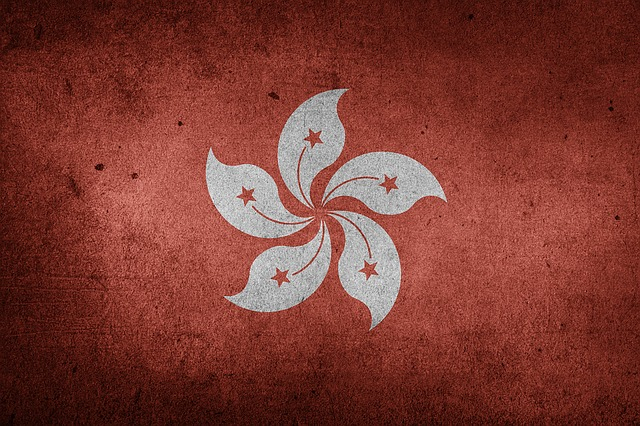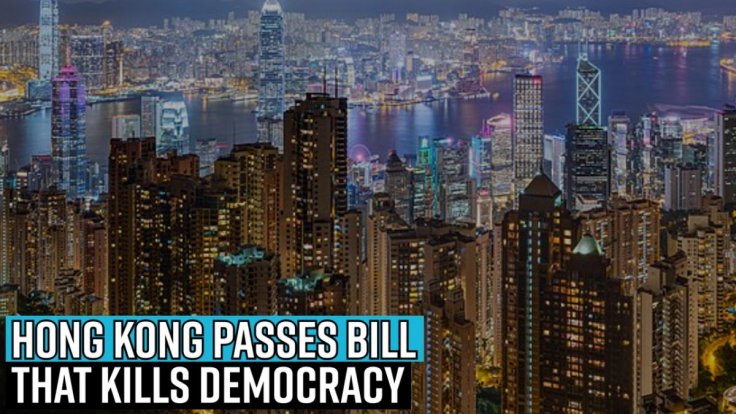Hong Kong police have arrested four members of the Hong Kong University Student's Union for supporting terrorism. The students were paying tribute to an attacker who had previously stabbed a police officer before killing himself at Causeway Bay, the police said.
What did the Students do?
According to local media reports, the arrested students, aged 18-20 years old, were part of the union that had organized a meeting to grieve and honor the sacrifice of the attacker. They have been detained for violating Article 27 of the National Security Law, Li Kwai-wah, Senior Superintendent of the Police National Security Department said.
The National Security Law was imposed on Hong Kong in 2020 after the anti-government protests in 2019. Reports suspect that the arrest might spark clashes and questions on freedom of expression in the country.
The 50-year-old attacker who stabbed an on-duty police officer last month and later killed himself, had materials and hate notes breaching the National Security Law, police said. The police officer survived, but the attacker died in the hospital.

Police confirmed that the students were previously warned for mourning for the attacker and glorifying 'terrorism'. However, after several backlashes from the government and the university, they called off the movement, while many members apologized and quit the union.
The university has also disunited with the students' union, banning the 30 members from the campus who were part of the so-called "terrorist" movement, reports stated.
The arrested members including the student union's former president Charles Kwok Wing-ho and union council chairman Kinson Cheung King-sang are now under police custody, Li confirmed.

National Security Law in Hong Kong
Britain's former colony was handed over to China in 1997, and the countries had agreed to form a new legal system for Hong Kong that includes fundamental rights such as freedom of assembly and free speech. However, the agreed principle was no longer practiced in Hong Kong and it led to clashes and protests between police and activists.
The National Security Law was imposed by Beijing last year after the pro-democracy protests. The movement was criminalized by law and Hong Kong pro-democracy media tycoon Jimmy Lai was sentenced to 14 months in prison. The arrest led many residents to escape the country.
According to reports, it has become easier to punish the protestors under the new law and harm the sovereignty and freedom in Hong Kong. More than 100 activists have been arrested under the charges of violating the national security law.









